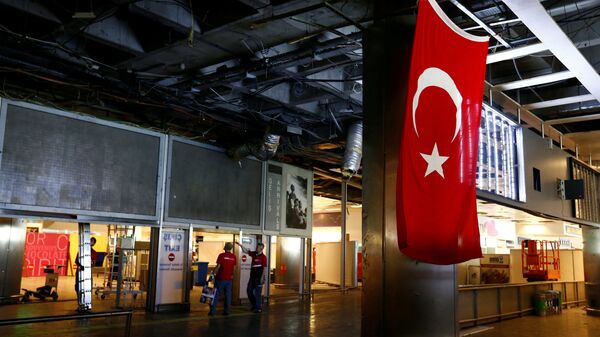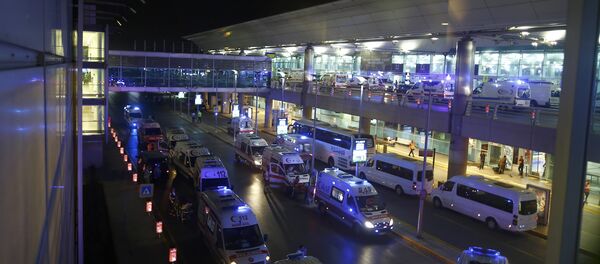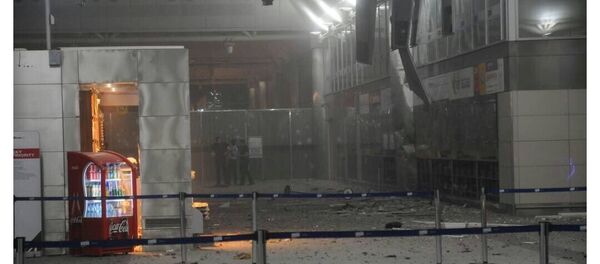"Turkey is paying a price for … its erroneous political activities that it viewed as correct. Turkey has become a victim of its own fantasies, thinking that they were a reality," he said, adding that the country's assistance to militants fighting in neighboring Syria has finally caught up with it.
In addition, Turkish authorities have done little to seal the border that radical groups, including Daesh and al-Nusra Front have used to recover, rearm and resupply.
Mosib Na'imi described these activities as "careless."
"We in Iran are of course concerned with recent events in Turkey since instability and lack of security in the country could spill over to its neighbors," he added. "For our part, we hope that these horrible terrorist act will finally force [Turkish politicians] to drastically revise" their policies.
The terrorist attack at Turkey's largest airport claimed 41 lives, leaving more than 230 people wounded. The country's Prime Minister Binali Yildirim said that Daesh was likely behind the assault. Turkey has been plagued by terrorist attacks in recent months, with most of them claim by or pinned on the brutal group or Kurdish militants.
"Turkey has joined other countries in their anti-Daesh efforts. Not everyone is happy about it," he said. "These terrorist acts could be viewed as a sort of a punishment for Ankara's decision to drastically limit its assistance to Syrian rebels and to join a campaign against Daesh," since these efforts weakened the group in Syria.
Turkey is not restoring its ties with Russia and Israel to fight against Daesh, he noted. It main motive is to pursue a "realistic foreign policy" once again. The terrorist group is "clearly" against these developments.
"By normalizing ties with Russia and Israel, Turkey is trying to ensure stability in the region. This is in Turkey's interests, but those who benefit from instability and chaos are not happy with this decision," he added. At the same time "these terrorist acts will not affect positive trends in relations between Russia and Turkey."





